Introduction Technology is ubiquitous, yet psychological, psychiatric, substance use, and public mental health engagement and treatments have historically been in-person and resource intensive and not hightech. The disruption of the COVID-19 pandemic catalyzed mental health providers to adopt technology to … Read More
Interdisciplinary
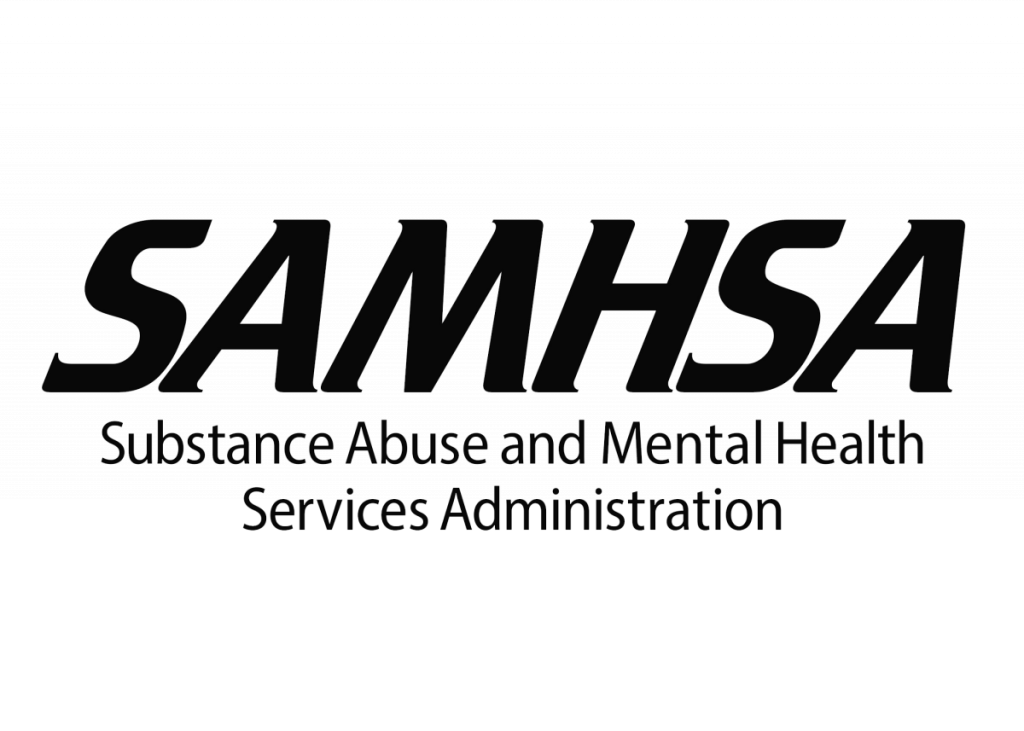
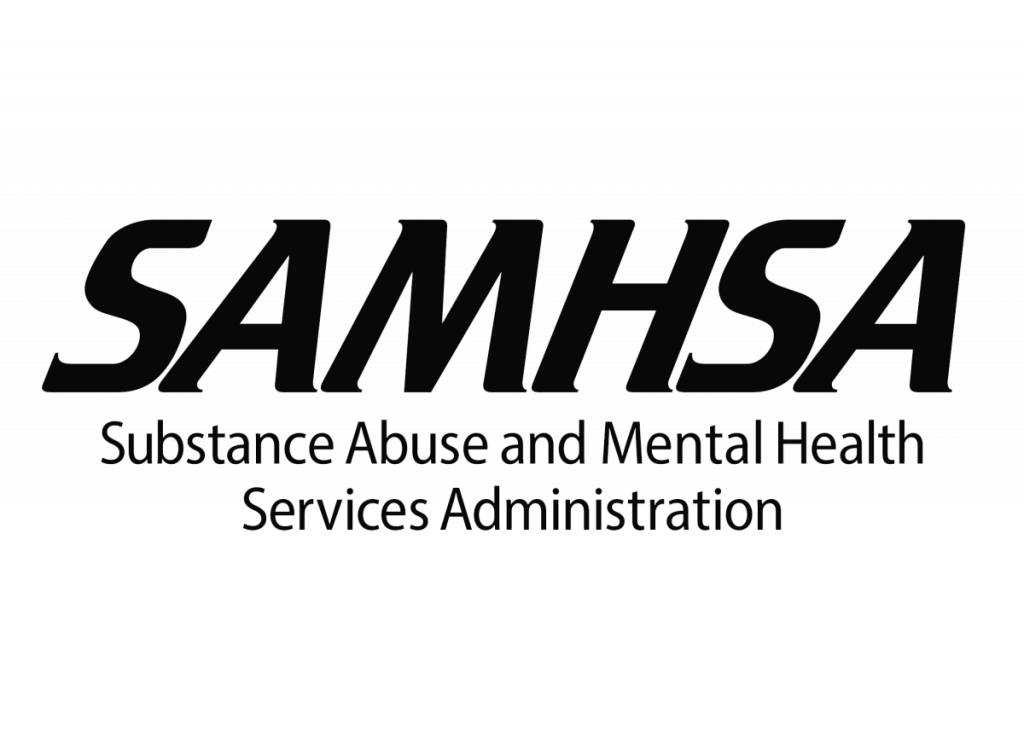
Facilitating Rapid Access to Outpatient Mental Health and Substance Use Care
Introduction: Access to Behavioral Health Services According to the Kaiser Family Foundation (KFF), in 2021, approximately 40% of adults reported symptoms of anxiety and depression, and 57% of female and 29% of male high school students reported experiencing persistent feelings … Read More
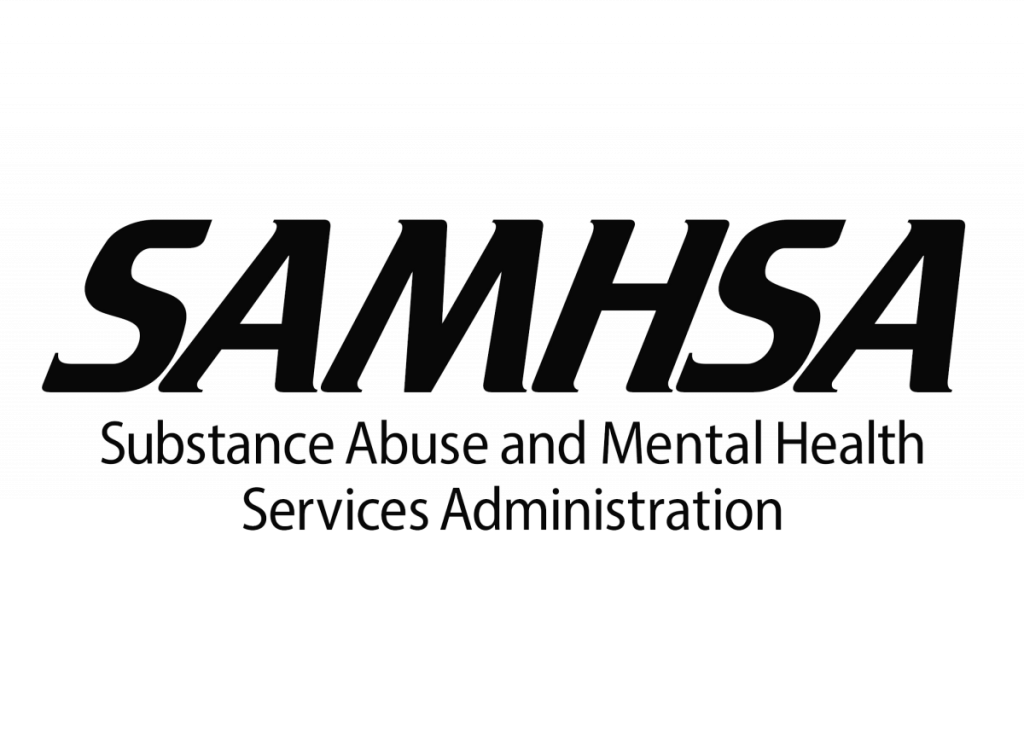
Intersectionality: Faith, Mental Health, and Community Partnerships
INTRODUCTION Spirituality and religion are important aspects of the lives of many Americans. They have a protective effect on mental health and well-being. In most communities, faith leaders serve in positions of authority and are often called upon to address … Read More
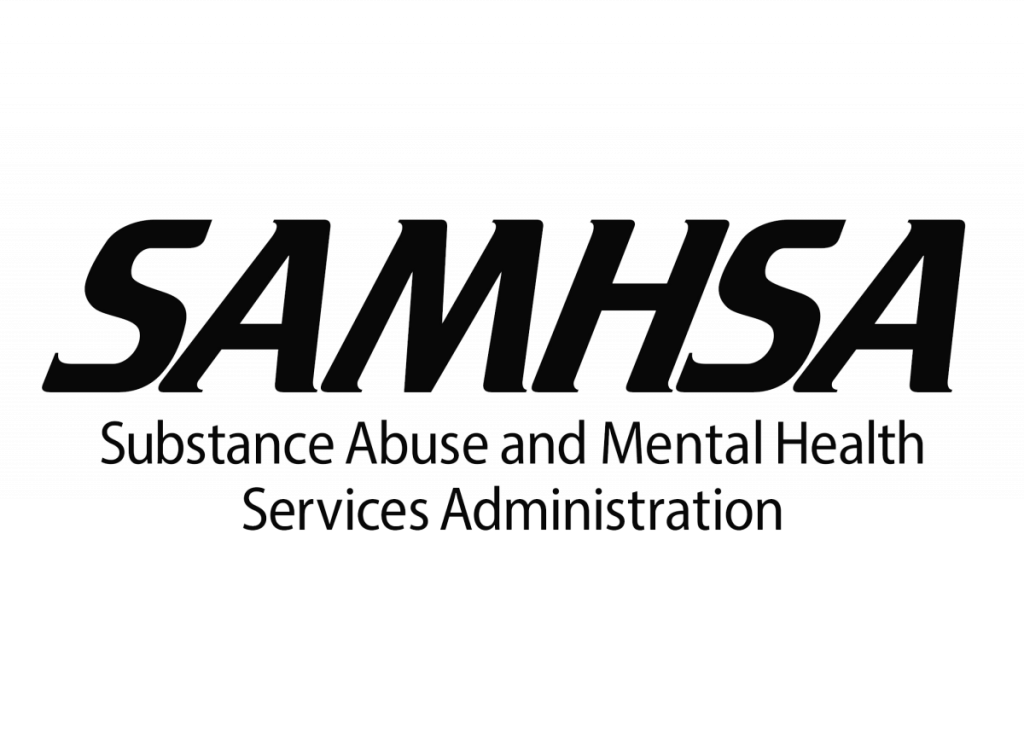
Crisis Services: General Medical and Psychiatric Approaches to Care Delivery
Introduction The promise of 988 and the new National Guidelines for Behavioral Health Crisis Care offer a different path for individuals experiencing a crisis related to mental health, substance use, or other emotional or trauma-related challenges. The guidelines outline the … Read More
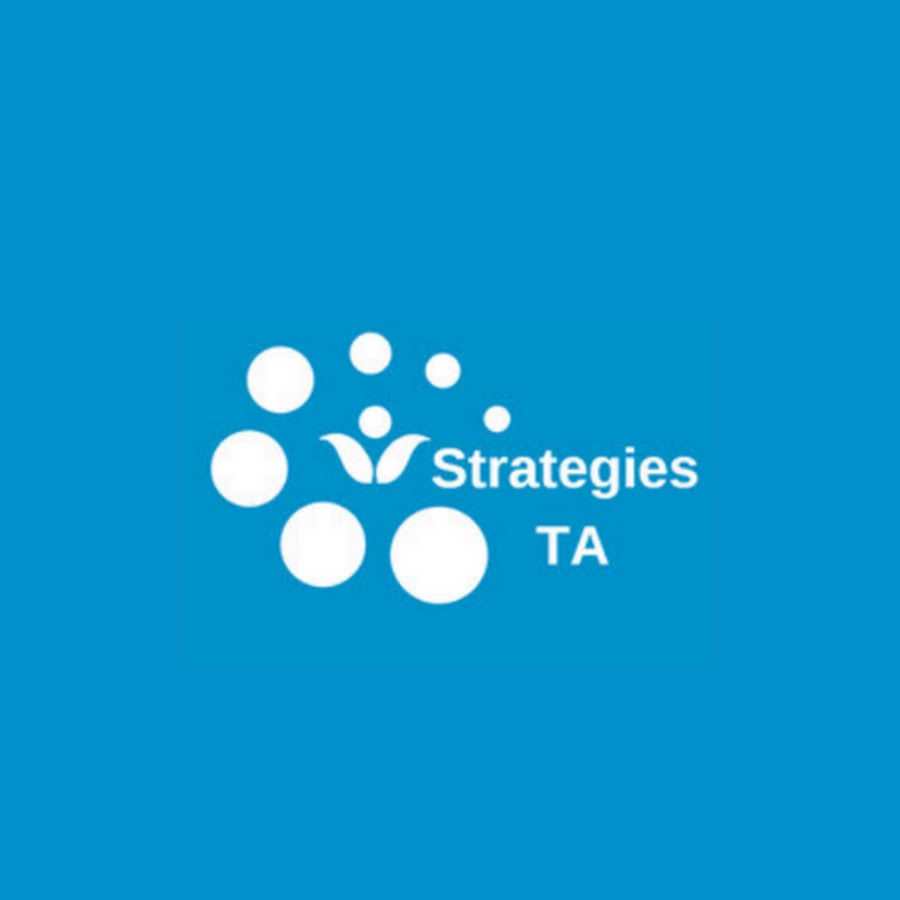
The Well-Being of LGBTQ+ Youth in Foster Care: The Youth Acceptance Project
This presentation will first dive into sexual orientations and gender identities outside the binary to ensure that participants understand the many identities LGBTQ+ youth embody, as well as their unique needs. LGBTQ+ children and youth are among the most vulnerable, … Read More

The Relationship Between Resilience and Child Health Behaviors In A National Dataset
Health behaviors are responsible for a substantial burden of poor health outcomes across the lifespan, including mental health disorders, diabetes, cardiovascular disease, and cancer. In children, unhealthy patterns of diet and physical activity are associated with higher rates of obesity, diabetes, … Read More
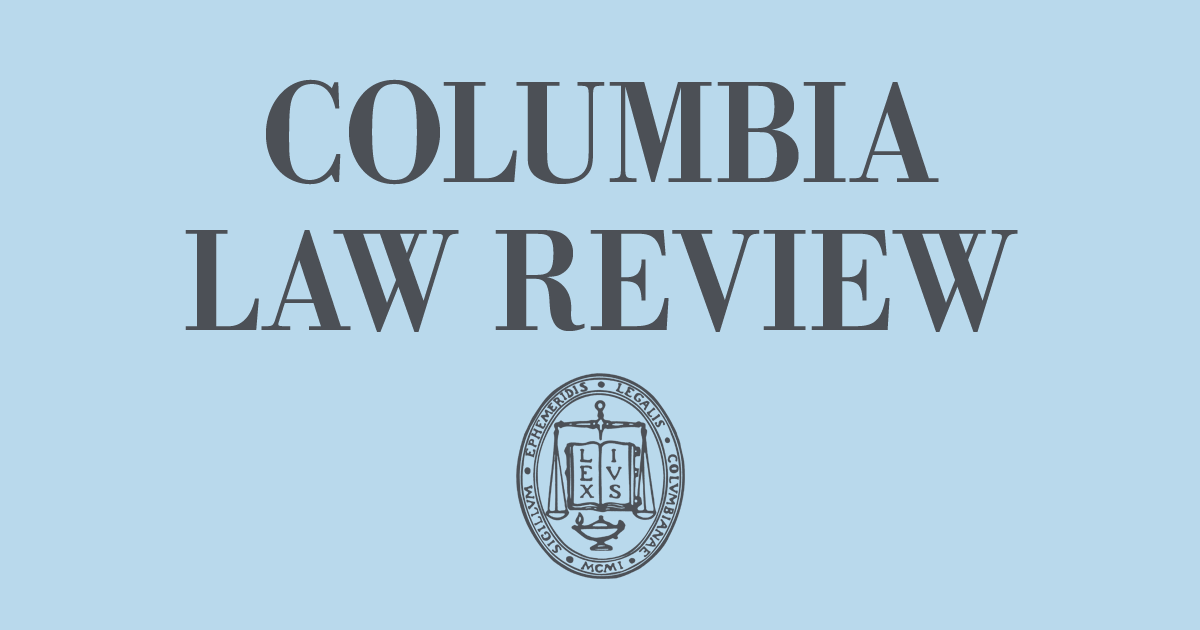
Fatherhood, Family, And The Crisis Of Boys And Men
Scholars and think-tank researchers, as well as mainstream media and social media, increasingly focus on the “trouble with men.” This attention is well deserved. Wholesale economic shifts have hollowed out the secure, well-paying jobs in the middle of the economy … Read More

An Overview and Panel Discussion of the Multi-Systems Integration Pilot Program
Characteristics and Outcomes of Multi-System Youth READ MORE
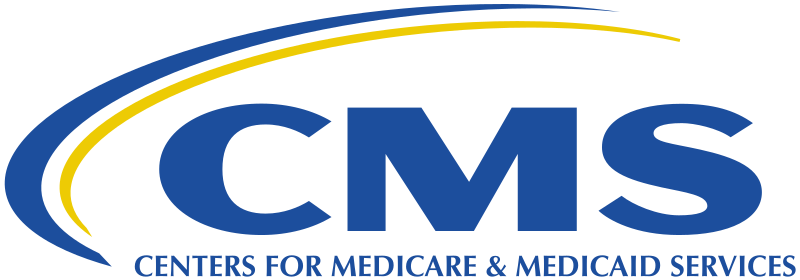
CMS Framework for Advancing Health Care in Rural, Tribal, and Geographically Isolated Communities
The Centers for Medicare & Medicaid Services (CMS) serves the public as a trusted partner and steward, dedicated to advancing health equity, expanding coverage, and improving health outcomes across all its programs to promote high-quality, equitable care, including for rural, … Read More

Indigenous Child Wellness: A Scoping Review of Best Practices with Initial Advising from Indigenous Community Members on Contextual Considerations and Next Steps.
This project seeks to operate within a traditional understanding of wellness. It is critical to consider these ways in measuring wellness for Indigenous Peoples, to advance one’s wellbeing through culturally safe approaches. Our goal is to identify feasible, acceptable, and … Read More
